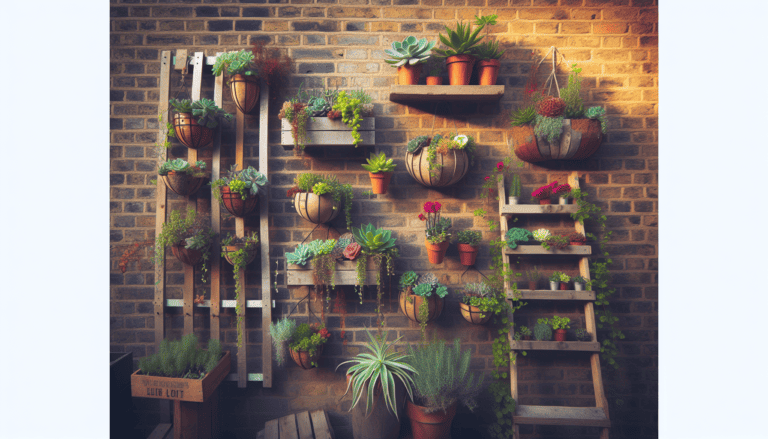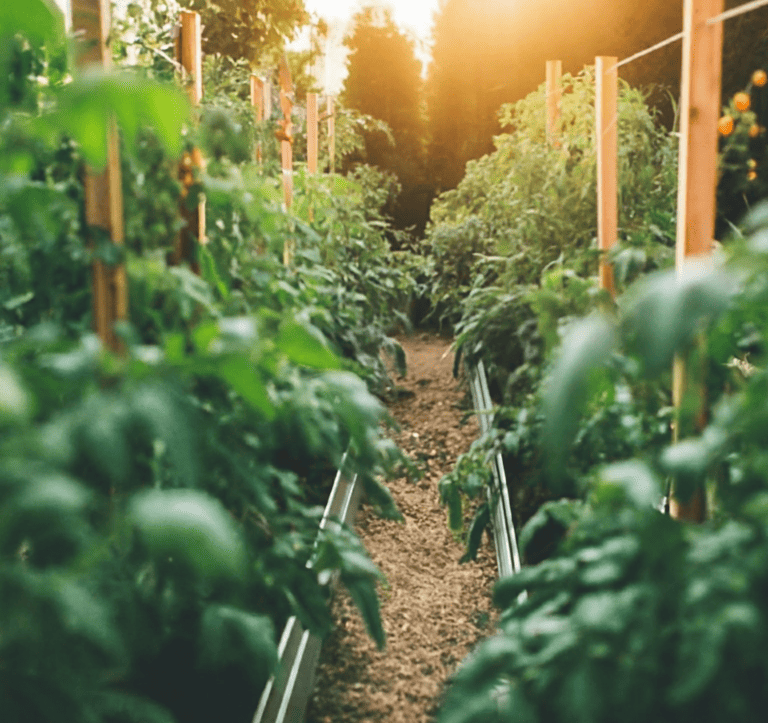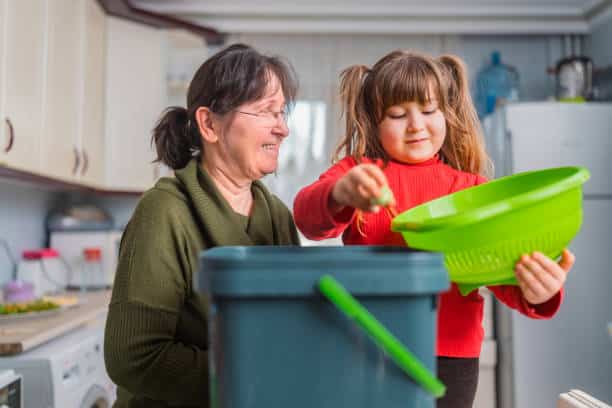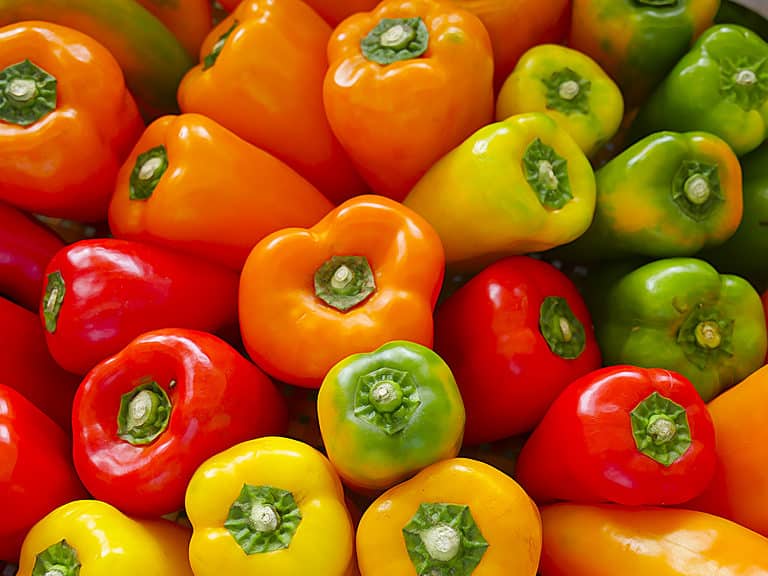Planting for a Successful Fall Garden Georgia
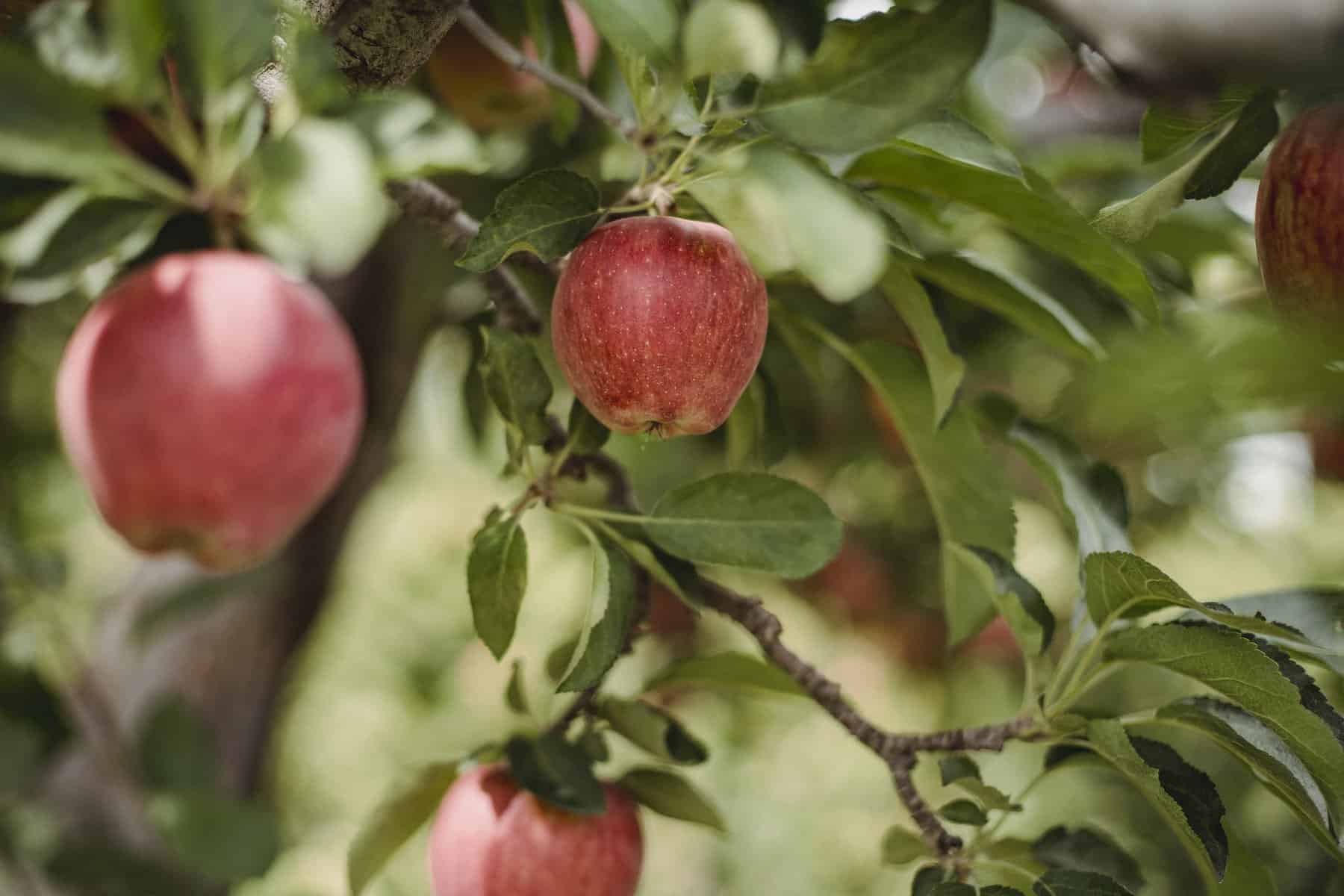
Ah, fall in Georgia – the season of vibrant leaves, cooler temperatures, and the perfect time to flex your green thumb in your own backyard! But before you get too excited, you might be wondering how to make your fall garden Georgia style a smashing success. Fear not, fellow gardeners! In this blog post, we’ll guide you through the ins and outs of Georgia’s fall gardening, from cool-season veggies to winter protection, and everything in between. So grab a cup of pumpkin spice latte, and let’s dig in!
Key Takeaways
Harvest your dreamy fall garden in Georgia with cool-season veggies, perennial plants and the right techniques!
“Plant a seed” of success by prepping soil, mulching up for winter and utilizing local resources.
Keep pests away organically & make sure to drench (but not drown) with water, TLC is key for a successful harvest!
Embracing the Georgia Fall Garden
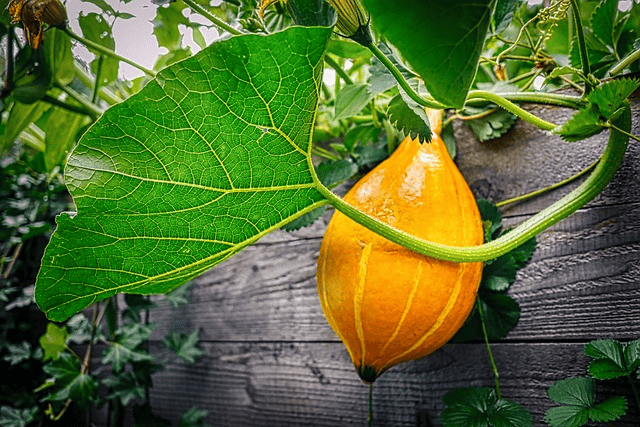
Picture this: you’re strolling through your Georgia fall garden, plucking fresh vegetables and admiring perennial blooms, all while basking in the crisp autumn air. Sounds dreamy, right? The secret to achieving this idyllic scene lies in embracing cool-season vegetables and perennial plants that thrive in Georgia’s fall climate.
Additionally, fall gardening provides the opportunity to:
Plant certain bushes and trees during their winter dormancy
Extend the growing season with low-tunnel hoop houses that offer protection against critters and unfavorable weather conditions
Don hoop houses in shade cloth to protect cool-season veggies from sunburn and keep them warm when temperatures drop.
Cool Season Vegetables
Cool-season vegetables, also known as fall vegetables, are the rockstars of Georgia’s fall gardens. These root vegetables, like broccoli, cauliflower, and Brussels sprouts, love the cooler temps and will make you the envy of your neighbors. While summer vegetables are best started as transplants, cool-season veggies like lettuce, green jewel carrot, and mustard greens can be sown directly into the soil, making them perfect for direct-seeding in your fall garden.
Certain vegetables such as broccoli, Brussels sprouts, and blue knight lettuce thrive better when bought as transplants, which ensures a timely harvest. But whether you’re direct-seeding or transplanting, these cool-season vegetables are sure to impress and provide you with a bountiful harvest throughout the fall.
Perennial Plants for Fall
Perennial plants are the gift that keeps on giving, returning each spring to add color and interest to your fall garden. Late-blooming flowers like asters and chrysanthemums are perfect for a Georgia fall garden, providing dazzling displays from September until frost.
Moreover, marigolds, snapdragons, and pansies flourish in Georgia’s fall climate, making them ideal additions to your flower garden. With a little care and pampering, these perennial plants will transform your fall garden into a wonderland of color and texture that lasts throughout the season.
Preparing Your Fall Garden Space
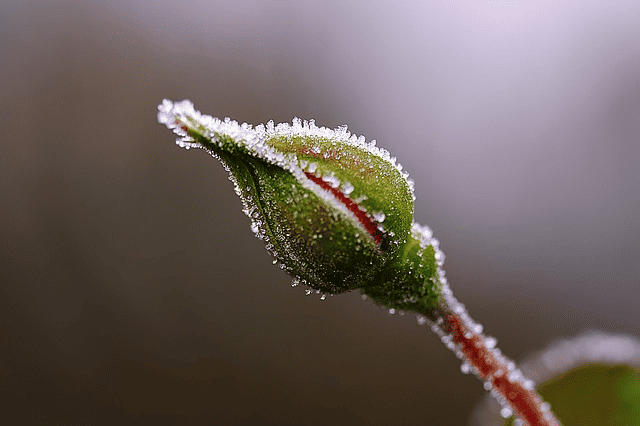
With the enthusiasm for fall gardening ignited, it’s now time to prepare your garden space. To ensure a successful fall garden, you’ll want to focus on soil preparation and choosing the right plant beds or raised beds.
Initially, conduct a soil test to confirm the presence of necessary nutrients and appropriate pH levels. Give your garden a good ol’ tilling, about 5 to 6 inches deep, to make sure it’s ready for planting. And if you have organic matter available, don’t be shy – incorporate it into the rich soil for an extra nutrient boost.
Soil Preparation
Proper soil preparation is the foundation of a successful fall garden. Ensuring the correct pH and incorporating organic matter before planting are crucial steps in this process. The ideal soil pH for fall gardens in Georgia is between 6.0 and 6.5, which can be determined through a soil test or laboratory analysis.
Once you’ve got the pH figured out, it’s time to add some organic matter to your garden soil. Compost is the bee’s knees for Georgia gardens, improving the soil structure, drainage, and aeration. With the right soil preparation in place, your fall garden will be primed for success.
Plant Beds and Raised Beds
When it comes to fall gardening, plant beds and raised beds are your best friends. They offer improved drainage, easier maintenance, and better soil quality for your plants. Plant beds are planted directly into the ground, while raised beds are built up above the ground, providing a luxurious space for your plants to thrive.
To build the perfect raised bed garden, cedar and redwood wood are excellent materials to use, as they’re durable and naturally resistant to rot. A raised bed should be at least 8 inches deep to provide enough soil depth for your plants to grow properly.
With the right plant beds or raised beds in place, your fall garden will be ready for action, and you’ll be prepared for spring planting.
Planting Techniques for Fall Gardens
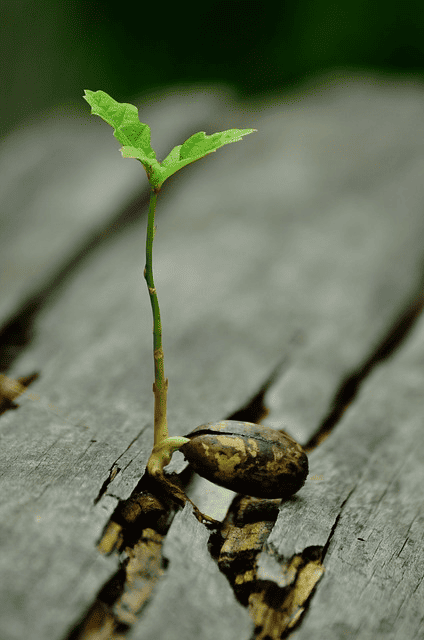
Effective fall planting techniques are central to a prosperous fall garden. This covers the nuances between direct-seeding and transplants, along with proper watering and irrigation methods.
Mastering these planting methods will equip you to cultivate a flourishing fall garden in Georgia.
Direct-Seeding vs. Transplants
Direct-seeding and transplants each have their own benefits and drawbacks for your fall garden plants. Direct-seeding may require more seeds, but it’s a great option if the weather is just right. On the other hand, transplants may cost more, but they’re necessary if you’re dealing with extreme heat or other challenging conditions.
When choosing between direct-seeding and transplants for your fall garden, consider the temperature and climate conditions at the time of planting. For example, if it’s scorching hot out, you may want to opt for transplants, while direct-seeding might be more appropriate for milder temperatures. Ultimately, the choice comes down to personal preference and the specific needs of your garden.
Watering and Irrigation
A well-watered fall garden is a happy garden. To ensure your plants receive adequate water, consider using soaker hoses or drip irrigation systems. These methods provide efficient watering, water conservation, and reduced weed growth while retaining nutrients in the soil.
When watering your fall garden, aim for a refreshing 1 to 2 inches of water per week. Be cautious not to douse your veggies from above, as this can increase the risk of disease. By using proper irrigation techniques and monitoring your garden’s water needs, your fall garden will flourish in no time.
Maintaining a Healthy Fall Garden
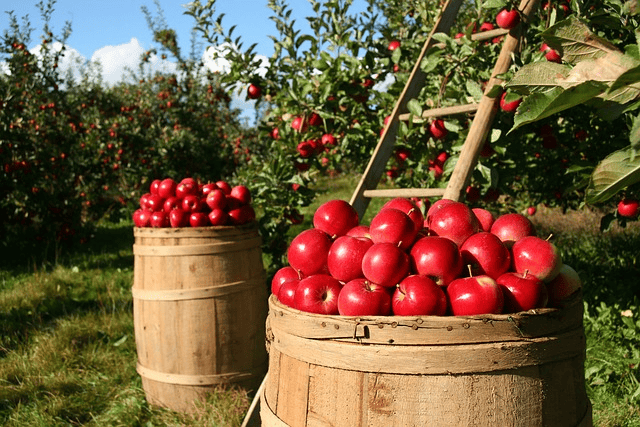
Maintaining a healthy fall garden involves consistent care including pest management, application of organic pest control methods, and the provision of mulching and winter protection.
A well-maintained garden yields a productive and aesthetically pleasing fall landscape.
Types of Fall Pests in Georgia
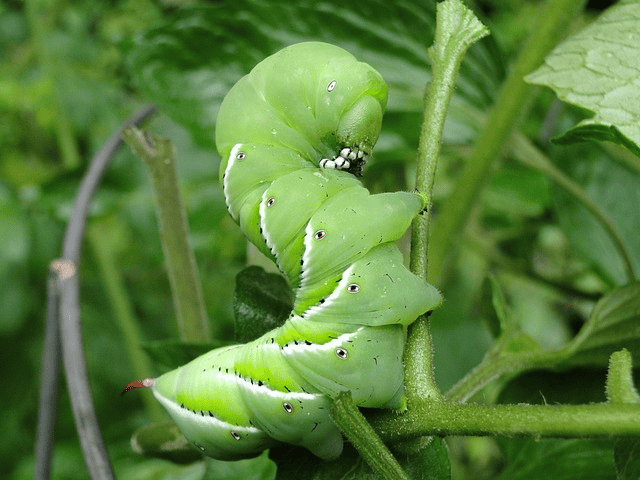
In Georgia, fall gardens can attract a variety of pests, such as aphids, cabbage worms, and beet armyworms. To keep these pesky critters at bay, monitor your garden regularly and be prepared to take action if you spot any unwanted guests.
Some pests, like cabbage loopers, are particularly fond of cool-season veggies and can cause significant damage to your plants. By staying vigilant and addressing pest problems early, you can protect your fall garden and ensure a bountiful harvest.
Organic Pest Control Options
When it comes to pest control, going organic is a healthier option for your garden and the environment. Organic pest control methods, like neem oil and insecticidal soap, can effectively manage pests without resorting to harsh chemicals.
In addition to these treatments, you can also try hand-picking pests off your plants, introducing beneficial insects to your garden, or setting traps to catch unwanted critters. By using organic pest control options, you can maintain a healthy fall garden that’s both beautiful and eco-friendly.
Mulching and Winter Protection
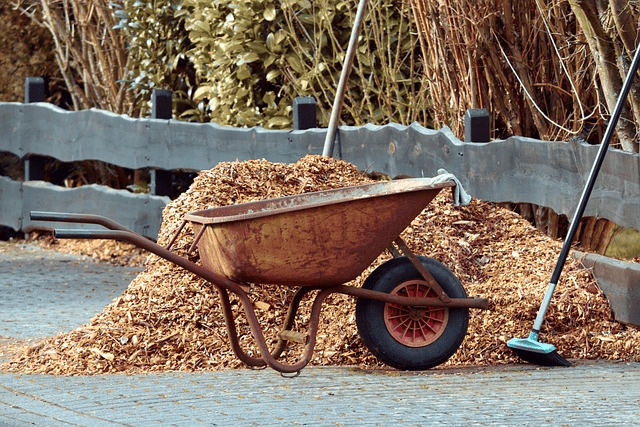
With falling temperatures, safeguarding your fall garden using mulching and winter protection strategies becomes vital. Mulching helps keep the soil warm and cozy, while winter protection techniques can include covering plants with blankets or other materials to shield them from frost.
Organic mulches, like straw, hay, or wood chips, can be used to insulate your garden soil and keep your plants warm during the colder months. Be sure to apply mulch after the first hard frost to provide a protective layer for your fall garden plants.
With proper mulching and winter protection, your garden will be prepared to withstand the chilly season and emerge even stronger next spring.
Cover Crops for Fall Gardens
Introducing cover crops to your fall garden offers multiple advantages including soil protection, enrichment with organic matter and enhanced nutrient cycling.
By planting cover crops in late summer to early fall, you can boost your garden’s health and productivity while preparing it for the following growing season.
Benefits of Cover Crops
Cover crops offer a range of fantastic benefits for your fall garden, including:
Improved soil structure
Decreased erosion
Weed suppression
Adding soil carbon and organic matter
Providing a protective layer against environmental factors
By utilizing cover crops in your community garden, you can greatly enhance its overall health and productivity.
In addition to these benefits, cover crops can also aid in nutrient cycling and reduce water pollution risks. By incorporating cover crops into your fall garden, you’re not only protecting your plants but also contributing to a healthier environment.
Popular Cover Crop Choices for Georgia
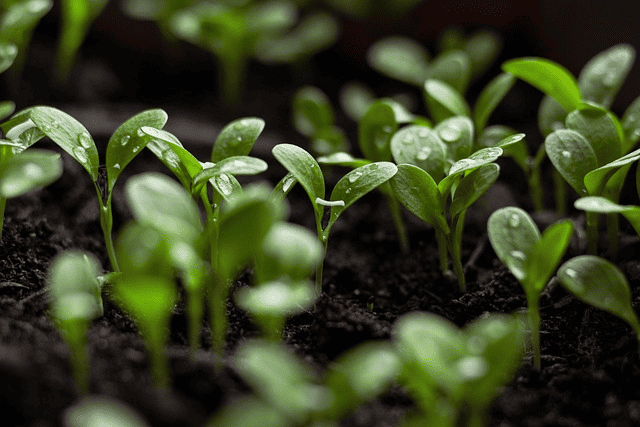
Choosing the right cover crops for your Georgia fall garden can make all the difference. Popular cover crop options in Georgia include cereal grains, like wheat, rye, or oats, and legume plants, such as clover or winter peas.
By planting a combination of cereal grains and legumes, you can create a nutrient-rich and balanced cover crop mix that will benefit your fall garden. With these cover crops in place, your fall garden will be well-protected and primed for success in the next growing season.
Utilizing Local Resources for Fall Gardening Success
A thriving fall garden can be achieved by leveraging local resources and harnessing the rich knowledge and expertise accessible in Georgia. From the UGA Cooperative Extension Office to seed catalogs and local nurseries, these resources can provide valuable guidance and quality plant materials for your fall garden.
Utilizing the right resources can help you establish a productive and appealing fall garden that endures.
UGA Cooperative Extension Office
The UGA Cooperative Extension Office is an excellent resource for Georgia gardeners, offering personalized services, classes, workshops, and research-based education in agriculture, environmental sciences, and more. They provide useful information and resources for all your fall gardening needs, as well as local uga extension office contacts that you can reach out to for assistance and guidance.
By consulting the UGA Cooperative Extension Office, you can receive expert advice tailored to your specific fall gardening needs, ensuring your garden thrives in Georgia’s unique climate and conditions.
Seed Catalogs and Local Nurseries
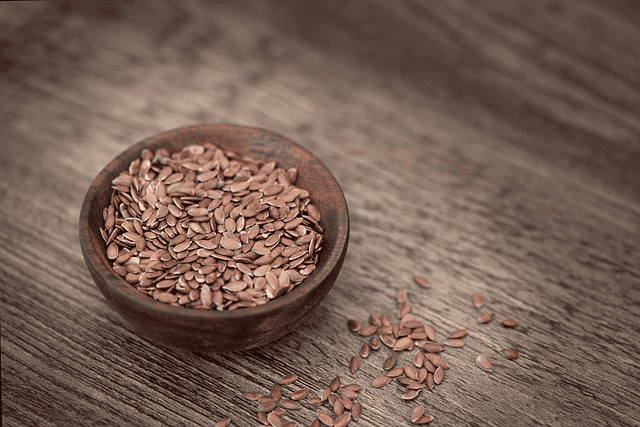
Seed catalogs and local nurseries are treasure troves for fall gardeners, offering a vast selection of plant varieties that are perfectly suited for Georgia’s fall season. These resources not only provide an abundance of seeds and plants, but also include helpful information on planting schedules, varieties, and growing requirements.
By browsing seed catalogs and visiting local nurseries, you can find the perfect plants for your fall garden, as well as receive personalized advice and support from knowledgeable staff. With these resources at your fingertips, your fall garden will be off to a strong start and destined for success!
Summary
In conclusion, fall gardening in Georgia is a delightful and rewarding endeavor. By embracing cool-season vegetables and perennial plants, preparing your garden space, mastering planting techniques, and maintaining a healthy garden, you’ll set yourself up for success. Don’t forget to incorporate cover crops and utilize local resources like the UGA Cooperative Extension Office and seed catalogs for expert advice and quality plant materials. So, grab your gardening gloves and let the fall gardening adventure begin!
Frequently Asked Questions
What is best to plant in fall Georgia?
Grow lettuce, spinach, collards, mustard greens, kale, beets, broccoli, carrots, onions, radishes, and turnips this fall in Georgia for a tasty harvest!
What plants can you garden in the fall?
Fall is the perfect time for harvesting root veggies like radishes, beets, turnips and onions, as well as Brussels sprouts, cabbage, carrots, lettuce, collards, kale, broccoli, spinach and Swiss chard – all of which can survive light frosts and can be planted 90 days before the first frost. So grab those gardening tools and get planting!
How can I improve my garden’s soil structure for fall planting?
Make sure you give your garden the care it deserves this fall – give it a boost by adding compost for improved soil structure, drainage, and aeration. Give your plants what they need to thrive!
What are the benefits of using raised beds in my fall garden?
Raised beds are the way to go for a successful fall garden – better drainage, easier maintenance and higher quality soil will help you make the most of your harvest!
How can I protect my fall garden from pests and diseases?
Stay on top of your garden by keeping an eye out for pests, using natural solutions to keep them away, and making sure your plants get enough water – that’s the key to protecting your fall garden from unwanted guests and disease!

